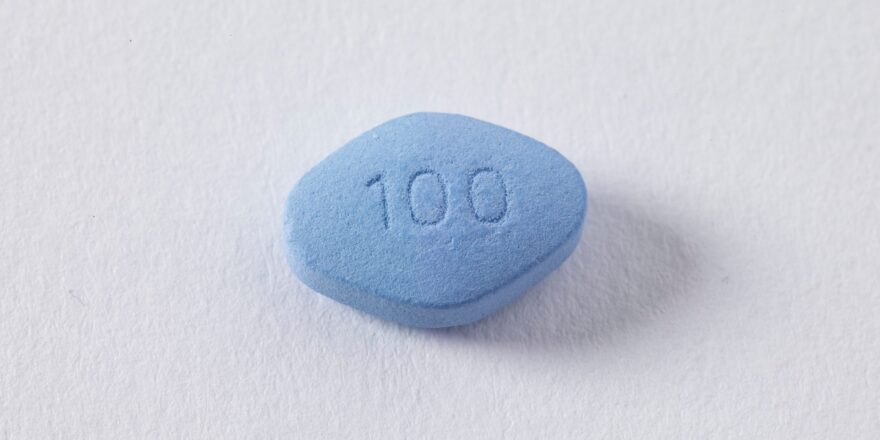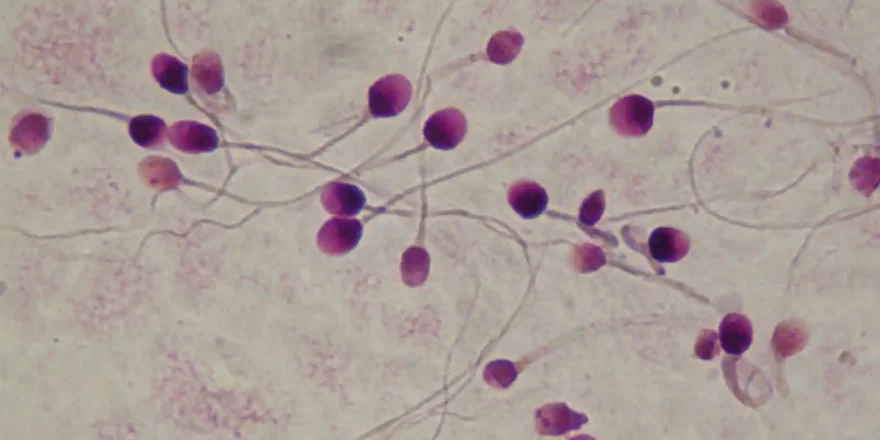Male treatment options for low fertility range from surgery, drugs and ICSI to herbs, acupuncture, supplements and lifestyle changes. Male fertility is closely related to health and wellbeing, which is a core part of the morefertile® personal fertility profile information (PFPs), and fertility levels can change dramatically in three months. We...
Men’s Health
Men’s health Men’s health is vitally important for the health of their sperm and the health of their children. The last 20 years or so have shed light on what affects male fertility and how to improve things. Understanding how “it works” and changing male fertility is crucial to improving any male fertility problems. Th...
Third Trimester
The third trimester starts in week 27 and usually ends at week 40. The baby becomes increasingly prepared for birth as it grows throughout the trimester, and delicate organs like the lungs mature and become more functional. Most babies start to turn head-down from about the 28th week in preparation for their birth. Babies can put on up to ½lb...
Fertility & Health Tests from Genova Diagnostics
Fertility & Health Tests From Genova Diagnostics® Genova Diagnostics® are a global, internationally renowned lab that’s committed to providing comprehensive and innovative services for the prevention, diagnosis and treatment of complex diseases. Their tests are ONLY available through licensed practitioners and...
Fertility Types Analysis
The morefertile® Fertility Types Analysis Forms are based on how Chinese medicine distinguishes the causes of health conditions. People develop conditions in different ways, mainly due to lifestyles, events and predispositions. Fertility is no different to other conditions in that some people have clear causes for having low fertility, while i...
Drugs and Fertility
Lots of drugs affect fertility, and some of them are essential for fertility treatments, but many of them significantly reduce the chances of conception. When we say “drugs”, we’re including hormones and all prescription and non-prescription medications, some of which can cause permanent damage to sex organs and sterility. Most of the research...
Lifestyle and Fertility
Lifestyle choices have defining impacts on our health and fertility, and lifestyle is generally something everyone can change for free. Making positive lifestyle choices can make a massive difference to conception rates and the health of our children. We provide the latest research on 12 lifestyle factors so you can fully understand the issues...
Introduction to Unexplained Infertility
Unexplained Infertility Almost a third of couples who go to fertility clinics are diagnosed with “unexplained infertility”. i The couple will have had a wide range of tests, at the end of which they’re told “we don’t know”, which is distressing and frustrating. In an ideal world, the “fertility work-up...
Introduction to Male Fertility
Introduction to Male Fertility Although a man’s involvement in the baby-making process is shorter than a woman’s, men still have essential roles in natural pregnancies. The man’s health at the time of the conception also has long-lasting consequences for his offspring. Despite women tending to get most of the attention, research in...
Semen Sampling
The “standard semen sample” is the first (and only) test that most men have for their fertility. While it doesn’t test to see if a man’s sperm can actually create a healthy pregnancy, it does check the crucial factors that (usually) indicate if a man is able to father a child naturally: Volume of semen Concentration o...





